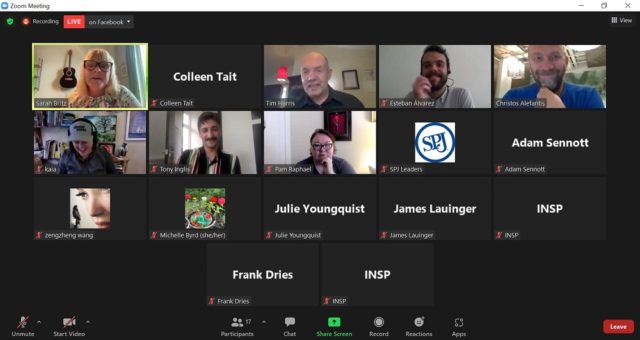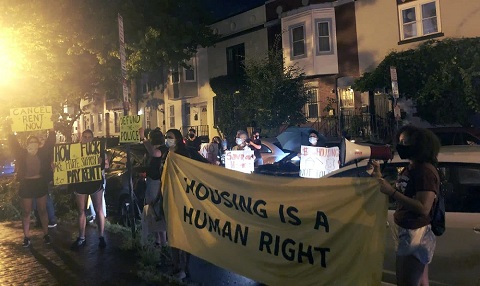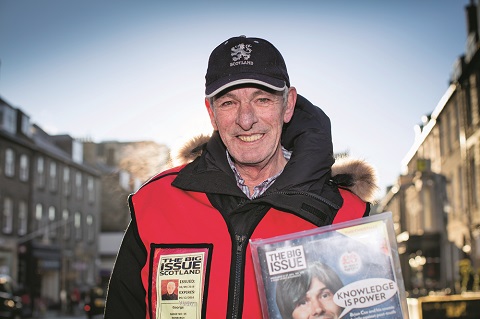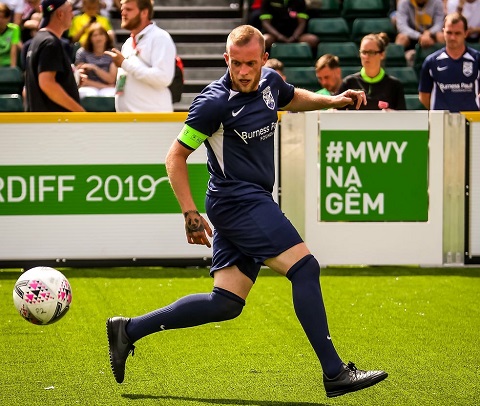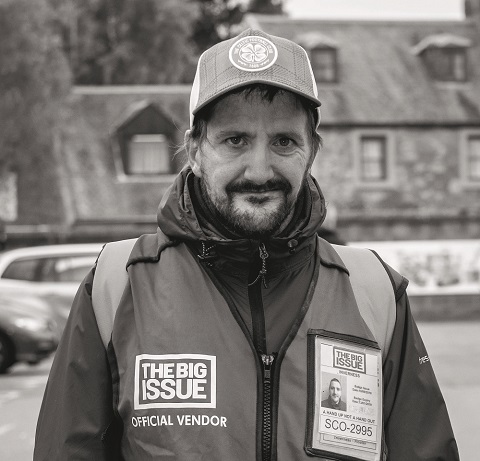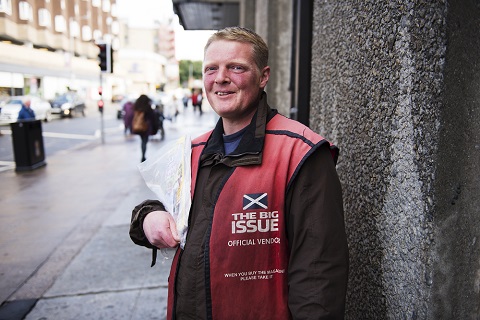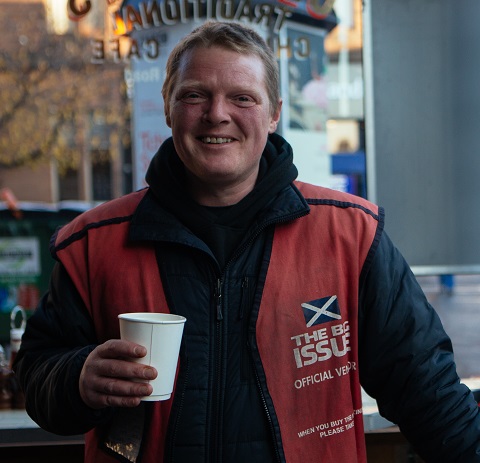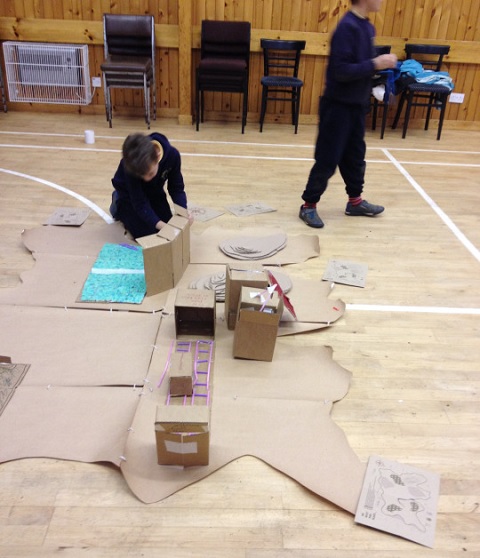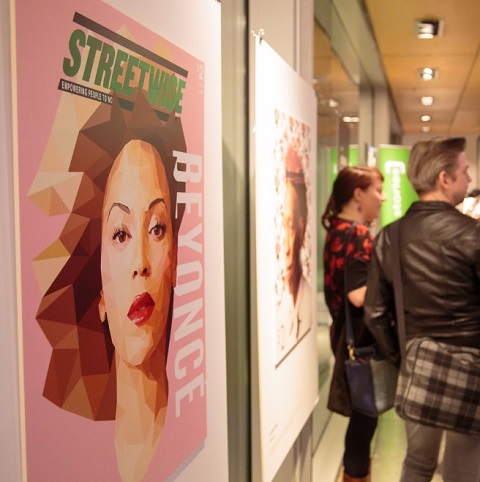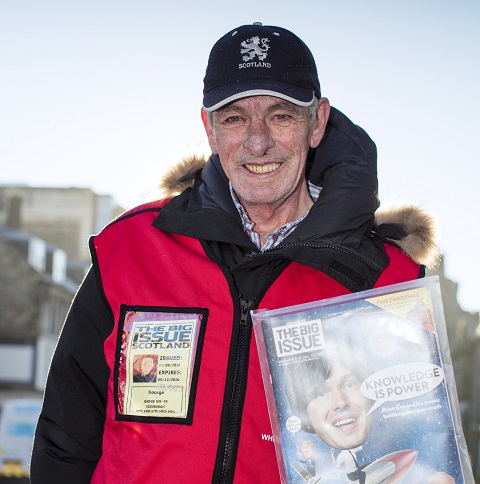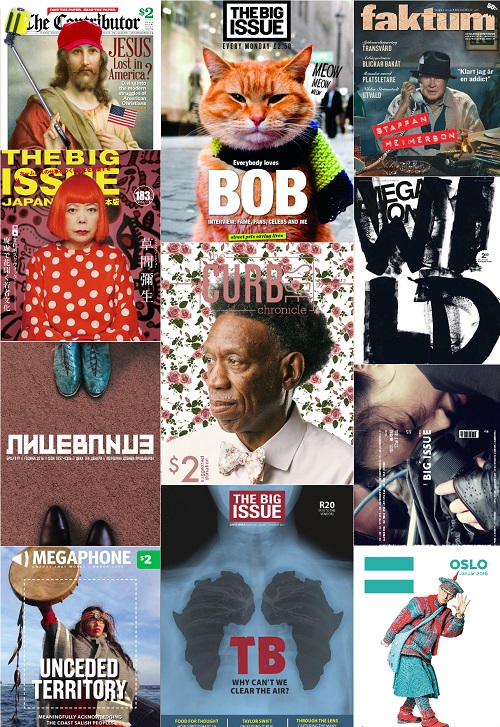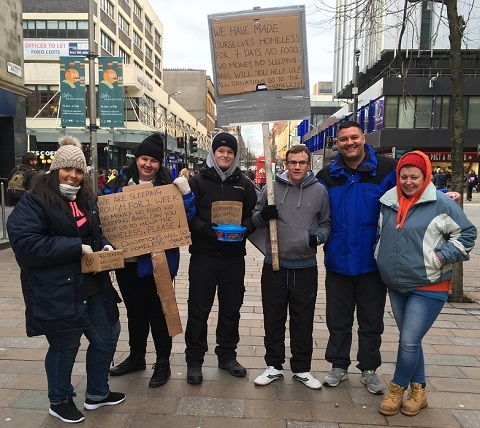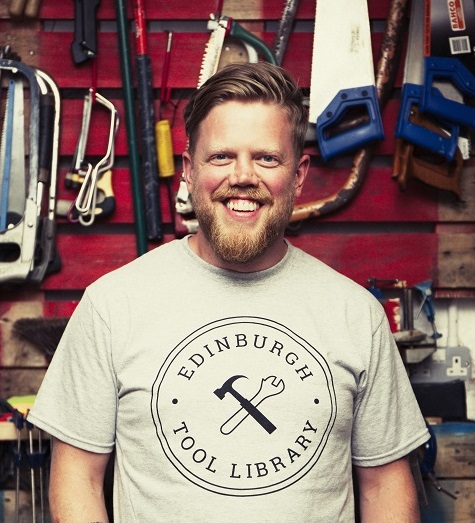“When I was five years old, I was painted white by guys on my street,” says Joseph Malik about his earliest memories of racist violence in Scotland. “At 14, I was nearly killed by four police officers. I left Glasgow because of a lot of abuse against me and didn’t return for a long time. I moved to London, and eventually settled in Edinburgh. And by then I had grown into a man and I could fight back.”
Malik started his career in the 90s hip hop group Blacka’nized, but today is releasing soulful, uplifting music punctuated by his turn as an activist. His new album Diverse Part 3 – the final instalment in a trilogy of releases Malik says are intended as “musical autobiographies” – samples snippets of speeches and rallying cries given by him and others at protests in the Scottish capital last summer sparked by the death of George Floyd at the hands of a police officer in Minneapolis, with similar shows of unity against systemic racism echoed across the world.
“As I reached my fifties and saw the George Floyd death, I burst into tears,” says Malik. “I began writing that very night when I was watching the footage from the American news networks. And then the Edinburgh community leader Cynthia Gentle [of the African Caribbean Society of Scotland], contacted me and asked if I would come down and say a few words at the protest being organised. And I said, I’ll do more than that,” I’ll get you more people there. I started pushing on social media and, when we showed up at [the Scottish Parliament building] Holyrood in the afternoon, there was a couple of 100 people there and beyond them thousands were walking towards us.”
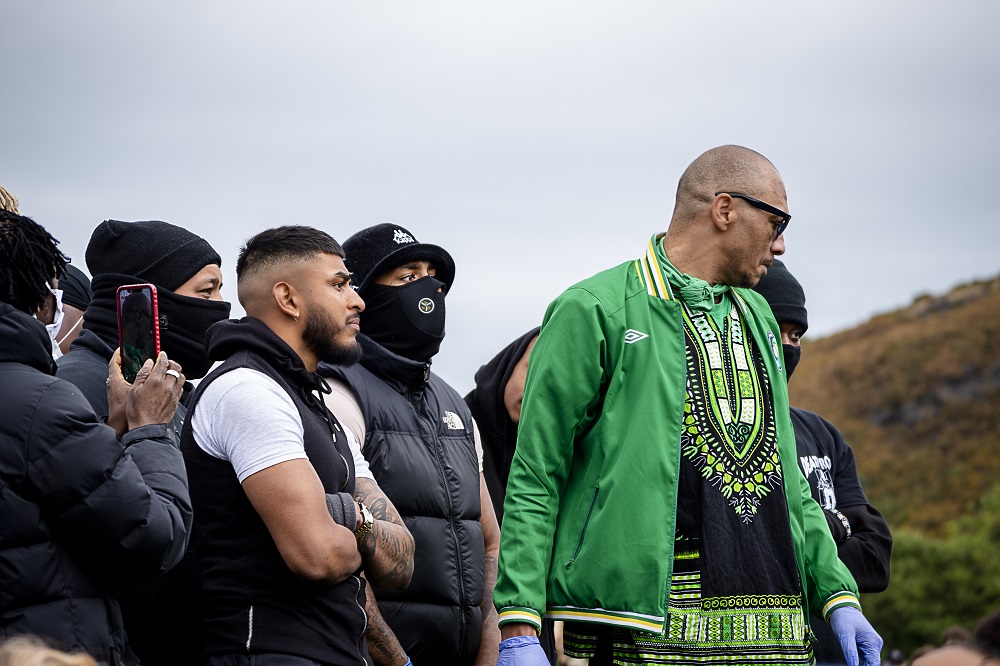
7000 Scots attended the event that day, and Malik was touched by the response. “That was the biggest congregation of the black population in Edinburgh. But there were also OAPs, and people from the LGBTQ community. There were white families who came up to me nearly in tears telling me they wanted to show their kids that violence like this should not happen.
“I cannot let young kids grow up in Scotland going through the same things that happened to me. I feel personally responsible and it’s my job to try and stop that. I want to be on call for my friends who are being beaten and verbally abused. It’s more than jut me singing about this, I need to back those words up with actions.”
When we speak, Malik has been enjoying a great deal of airplay on BBC Radio 6Music (indeed, he is the most highly played Black Scot on the station). But that success masks recent personal trauma he’s had to deal with.
“I became homeless again – this is the third time it’s happened to me,” he says. Malik also had a stroke in the midst of the pandemic.
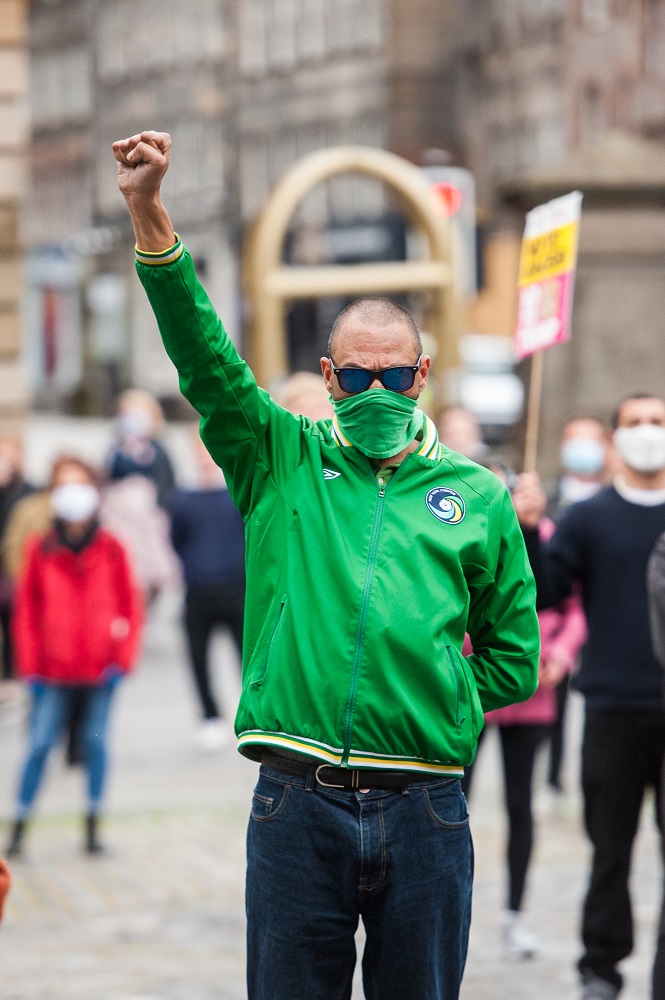
“I’ve been through it a bit in the last year. My whole life’s been like this. [Being homeless] is humbling. You see the world through different eyes. There’s a lot of compassion and unity within people on the street.”
Malik is now working in a comic book shop and has a roof over his head thanks to the help he received from local homeless outreach programme Streetwork.
“[The people at Streetwork] were surprised that I was coming into a homeless shelter and asking for help,” says Malik. “Even though you’ve got a record playing on the radio, everybody thinks you’re this big guy, you can still end the day not knowing where you’re going to sleep that night.”
Being propelled by making music and a thirst to make actual change provided the crutches needed for Malik to get back on his feet.
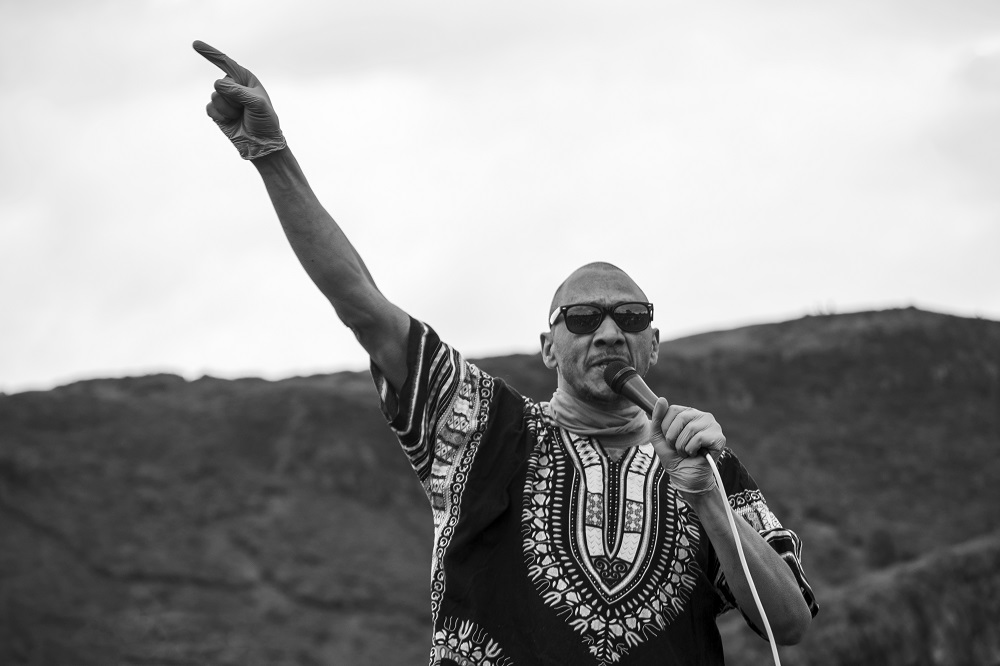
“It has all taken it’s toll on my mental health and it really shocked me to see that I have to really keep fighting,” he says. “Because I’ve taken on quite a lot now. But it provides that natural focus, this unshakeable movement to work towards.”
Just over a year since those protests at Holyrood, Malik says the solidarity shown there has been sustained but that the country still has a reckoning to come.
“Scotland does not identify with its Blackness,” says Malik. “The whole point of my record is to promote the existence of a Black Scotland. There is a Black population here and it has to be recognised. There’s a Black population here who contribute to society, and who are making their voices heard now. So it’s time to wake up.”




